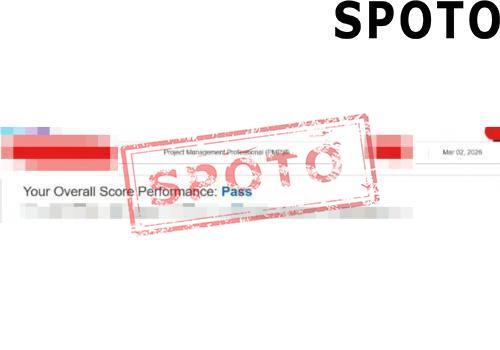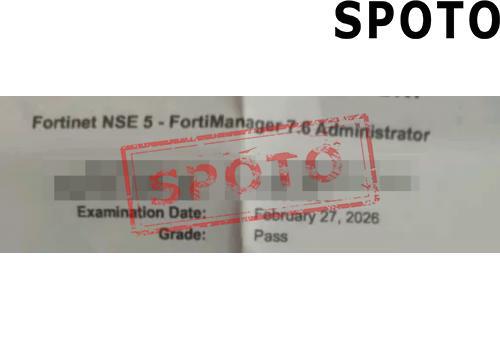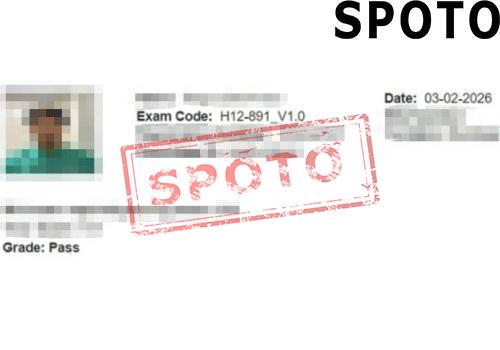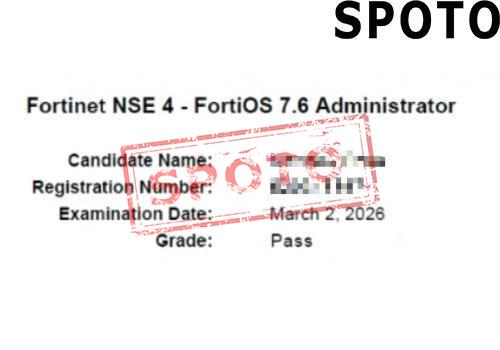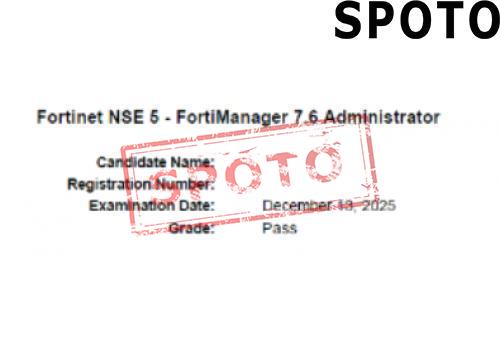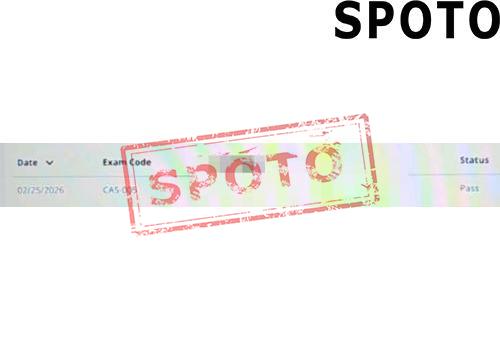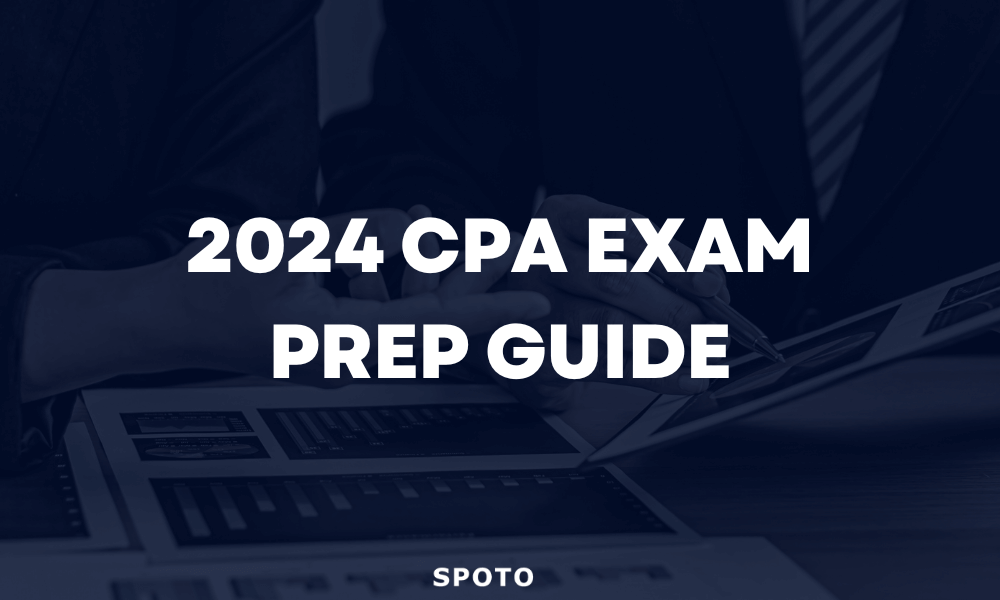
Table of Contents
In response to the changing landscape of the accounting profession due to economic globalization and informatization, the Unified CPA Examination® (2024 CPA Examination) aligned with CPA Development was launched in January 2026. This reform is designed to address new challenges by enhancing the professional quality of certified public accountants through the introduction of new examination subjects and models. The aim is to meet the market's demand for high-end accounting talents, optimize the examination process, and improve efficiency. Furthermore, the reform seeks to ensure the fairness of the examination and align with national policies to cultivate high-quality accounting professionals who meet the needs of the times and contribute to the development of the accounting industry.
What's New About the CPA Exam in 2026?
The 2026 CPA exam introduces a new licensure model: Core and Disciplines. The “Discipline” section includes three options:
① Business Analysis and Reporting (BAR)
② Information Systems and Controls (ISC)
③ Tax Compliance and Planning (TCP)
Each candidate will also choose a discipline to demonstrate knowledge and skills in that specific area.
All candidates must also pass three core exam sections covering:
① Auditing and Attestation (AUD)
② Financial Accounting and Reporting (FAR)
③ Taxation and Regulation (REG).
CPA Exam Structure
This new model aims to provide a more comprehensive assessment of candidates' knowledge and skills in the field of accounting. In this part, we will introduce the structure of each exam within the Core and Disciplines model.
Core Exam:
The core exam is comprised of three main sections: Audit and Attestation (AUD), Financial Accounting and Reporting (FAR), and Regulation (REG). Each section covers essential areas of accounting and taxation, ensuring that candidates have a solid foundation in these core areas.
Audit and Attestation (AUD):
This section of the exam focuses on the auditing process, including planning and performing audits, evaluating evidence, and forming conclusions based on audit findings. Candidates will also be tested on their knowledge of attestation engagements and the related professional responsibilities.
Financial Accounting and Reporting (FAR):
FAR covers a wide range of topics related to financial accounting and reporting, including conceptual framework, standard-setting, financial statement accounts, and select transactions. Candidates will need to demonstrate their understanding of Generally Accepted Accounting Principles (GAAP) and International Financial Reporting Standards (IFRS).
Regulation (REG):
REG encompasses federal taxation, ethics, professional responsibilities, business law, and other legal and regulatory issues. Candidates will be tested on their knowledge of tax procedures, business law concepts, and ethical considerations in the accounting profession.
Discipline Exam:
In addition to the core exam, candidates are required to take a discipline exam, which includes Business Analysis and Reporting (BAR), Information Systems and Control (ISC), and Tax Compliance and Planning (TCP). These discipline exams are designed to assess candidates' specialized knowledge in specific areas of accounting.
Business Analysis and Reporting (BAR):
BAR focuses on advanced financial management, strategic planning, and analysis of financial performance. Candidates will need to demonstrate their ability to apply financial management concepts to real-world business scenarios and make strategic recommendations based on financial data.
Information Systems and Control (ISC):
ISC covers topics related to information systems, including IT governance, risk management, and information technology controls. Candidates will be tested on their understanding of IT infrastructure, data management, and the impact of technology on business processes.
Tax Compliance and Planning (TCP):
TCP delves into advanced tax concepts, including tax planning strategies, compliance with tax laws, and ethical considerations in tax practice. Candidates will need to showcase their expertise in tax compliance and demonstrate their ability to develop effective tax planning solutions for individuals and businesses.
How To Prepare for the CPA Exam
The Certified Public Accountant (CPA) exam is a crucial milestone in the career of accounting professionals. It demands not only a strong grasp of professional knowledge but also effective preparation strategies and adept time management skills. To ensure success in the 2026 CPA exam, this part presents a comprehensive preparation guide:
Understanding the Examination Process and Timeline
It is essential to familiarize oneself with the examination process and key milestones. Personal circumstances should be taken into consideration when planning the review schedule, ensuring ample time for an intensive review before the exam.
| Quarter | Core Exam Dates | Discipline Exam Dates |
| Q1 2026 | January 10 - March 26 | January 10 - February 6 |
| Q2 2026 | April 1 - June 25 | April 20 - May 19 |
| Q3 2026 | July 1 - September 25 | July 1 - July 31 |
| Q4 2026 | October 1 - December 26 | October 1 - October 31 |
Grasping Textbook and Exam Syllabus Changes
Textbook Changes
The 2026 edition of the "Accounting" textbook has undergone significant updates in certain chapters while maintaining an unchanged overall framework. Key chapters such as General Introduction, Inventory, Fixed Assets, and Intangible Assets have been revised, while others from Asset Impairment to Fair Value Measurement remain unchanged. It is imperative to acquire the latest teaching materials promptly, focusing on the revised content and adjusting the review priorities accordingly.
Exam Syllabus
The professional stage encompasses subjects such as accounting, auditing, financial cost management, corporate strategy and risk management, economic law, and tax law. The comprehensive stage involves a thorough examination of professional abilities through two papers. Crafting a review plan based on the exam syllabus is crucial to ensure comprehensive coverage of all subjects.
Developing a Personalized Study Plan
Setting short-term goals for weekly or monthly learning focus and progress, as well as devising a long-term review plan encompassing basic knowledge revision, intensive training, and simulation exams.
Systematically reviewing teaching materials to establish a strong knowledge base, enhancing problem-solving abilities and practical skills through intensive training and case analysis, and regularly undertaking mock exams to gauge learning progress and adapt review strategies.
Practicing Past Papers and Simulation Questions
Real Question Practice: Engaging with past CPA exam questions to understand exam styles and trends, conducting detailed analysis of incorrect responses to glean insights and avoid recurring mistakes.
Ace Your CPA Exam with the Latest CPA Exam Dumps
Simulation Question Training: Utilizing mock questions for practical exercises to bolster exam preparedness and honing time management skills during mock exams to ensure effective time allocation during the actual exam.
By following this detailed preparation guide, aspiring CPA candidates can enhance their readiness for the 2026 exam and approach it with confidence.
